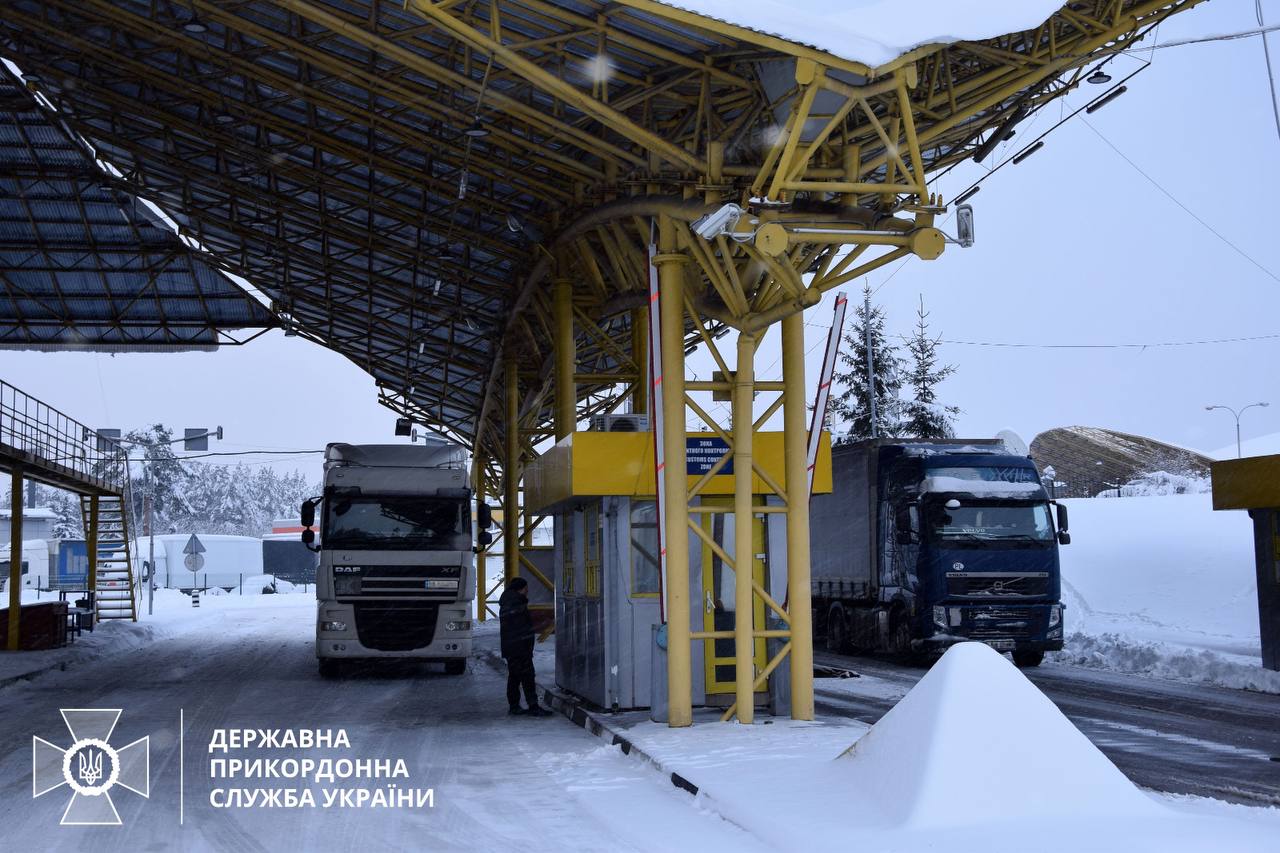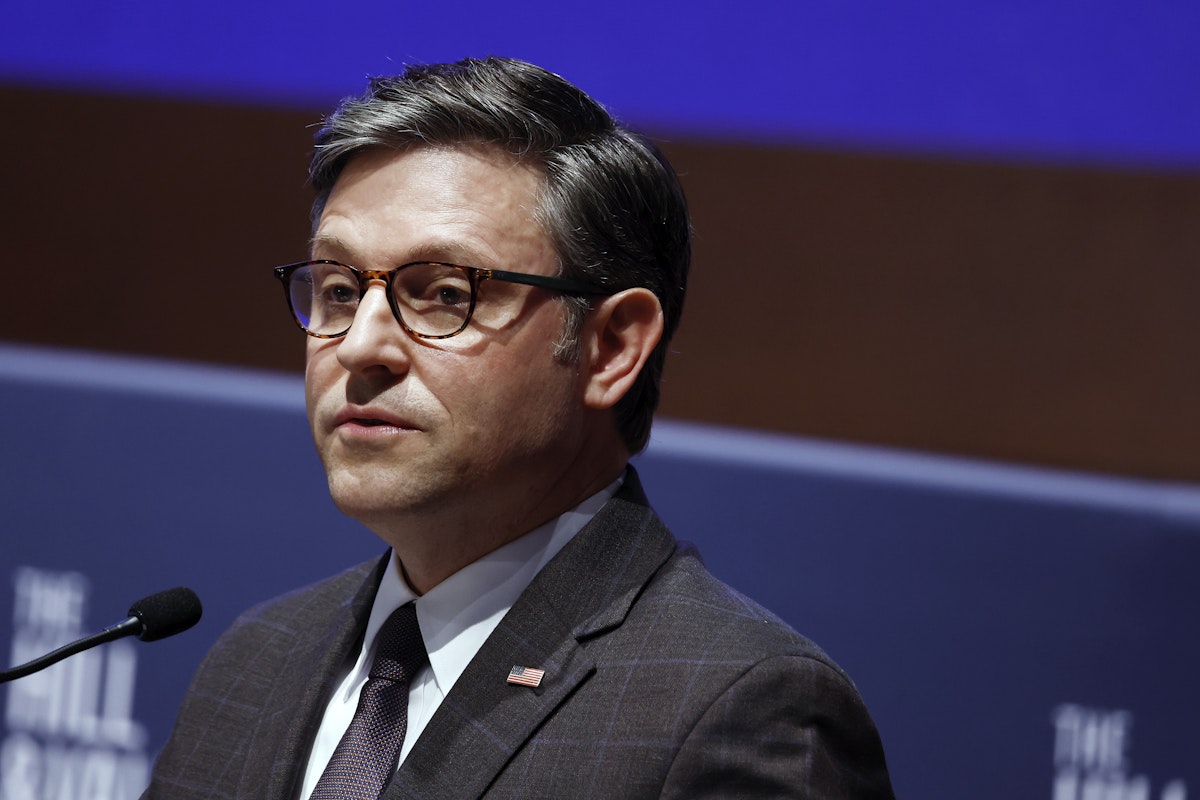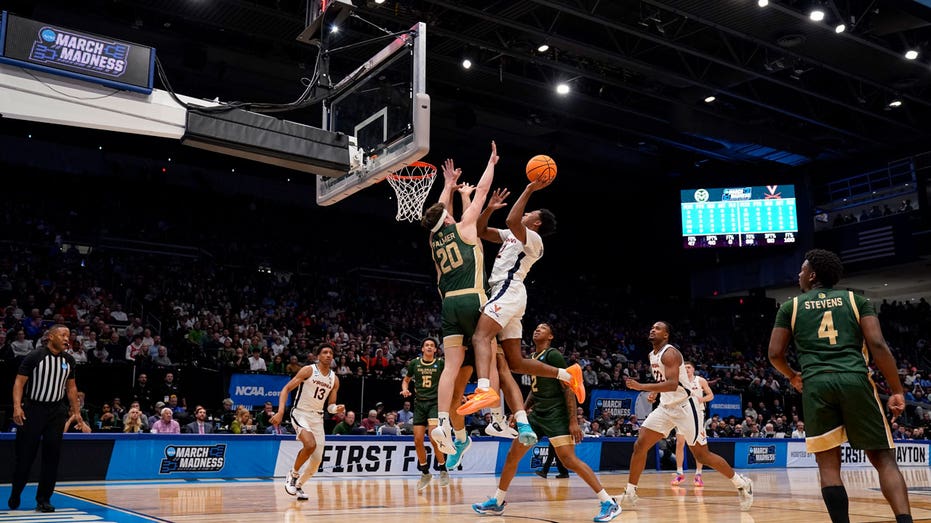One Poland-Ukraine border crossing resumes operations following blockade resolution
Dorohusk-Yahodyn crossing on the Polish-Ukrainian border, one of the four checkpoints blocked by Polish truckers, resumes operations, as reported by Ukraine's Infrastructure Minister. The post One Poland-Ukraine border crossing resumes operations following blockade resolution appeared first on Euromaidan Press.

After enduring a blockade by Polish truckers for over a month at the Poland-Ukraine border, Ukraine’s Dorohusk-Yahodyn checkpoint has finally resumed stable truck traffic. Ukraine’s Infrastructure Minister Oleksandr Kubrakov confirmed that truck movement had been restored from 2:00 pm on 11 December, marking a significant easing in cross-border transportation tensions.
The blockade’s end came as a result of relentless efforts by the Ministry’s team and the Embassy, who engaged in numerous meetings and negotiations at various levels.
“This has been a challenging task, but it is not yet complete. The border must be fully unblocked, and further blockades must be prevented,” Kubrakov stated.
The blockade initiated on 6 November by Polish carriers affected the movement of Ukrainian trucks at three major border checkpoints: Korczova – Krakivets, Grebenne – Rava-Ruska, and Dorohusk – Yahodyn.
As of the morning of 6 December, approximately 2,950 trucks have been queued at the Poland-Ukraine border due to an ongoing blockade by Polish truckers.
On 7 December, Ukraine’s state railway company, Ukrzaliznytsia, started transporting 23 trucks stuck at the Polish border.
- On 31 October, a major protest by Polish truck drivers threatened to shut down all border crossings between Poland and Ukraine starting on November 3rd, which marked the beginning of the border blockade crisis.
- On 6 November, dozens of Polish truck drivers blocked three border crossings with Ukraine, and expanded it to a fourth crossing. The Polish protesters demanded the return of permits for Ukrainian carriers, tougher EU transportation requirements, prohibiting non-EU company registration, access to Ukraine’s Shlyakh system for eligible drivers, separate border queues for EU cars in eCherha, and dedicated lanes for empty vehicles.
- On 14 November, talks between Ukraine and Poland at the countries’ border failed to resolve the strike, and four days later, nearly 3,000 trucks had congested at the Polish-Ukrainian border.
- The organizers of the Polish trucker strike at the Ukrainian border had close ties to Russia and supported Russia’s occupation of Crimea.
- The protest claimed its first casualty on 22 November, when a 56-year-old Ukrainian truck driver who was waiting to cross the border into Ukraine died.
- On 27 November, Poland presented Ukraine with carrier demands: implementation of commercial permits for Ukrainian companies, except those transporting humanitarian/military goods, plus suspension and verification of licenses for companies opened after the Ukraine war outbreak.
Read also:
- Polish border blockade traps Ukraine’s critical military supplies, including drone components
- Polish PM-to-be Tusk vows to improve Poland-Ukraine relations, resolve border blockade
- Ukraine to transport trucks stuck at Polish border by train
- Baltic ambassadors call on Poland to resolve Ukraine border blockade
You could close this page. Or you could join our community and help us produce more materials like this.
We keep our reporting open and accessible to everyone because we believe in the power of free information. This is why our small, cost-effective team depends on the support of readers like you to bring deliver timely news, quality analysis, and on-the-ground reports about Russia's war against Ukraine and Ukraine's struggle to build a democratic society.
A little bit goes a long way: for as little as the cost of one cup of coffee a month, you can help build bridges between Ukraine and the rest of the world, plus become a co-creator and vote for topics we should cover next. Become a patron or see other ways to support.
The post One Poland-Ukraine border crossing resumes operations following blockade resolution appeared first on Euromaidan Press.



